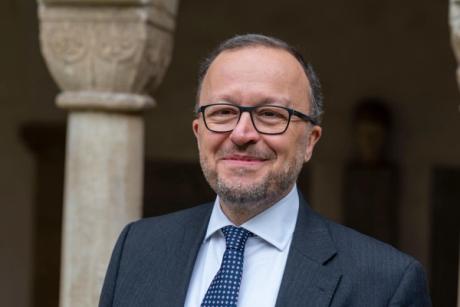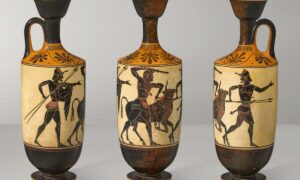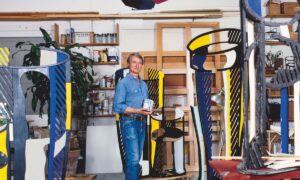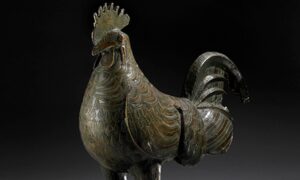
The British Museum, which last week lost both its director and deputy director over the thefts scandal, now has an acting deputy. The Daily Telegraph reports that he is Carl Heron, the director of scientific research.Heron replaces Jonathan Williams, who opted to “step back” on 25 August, following his failure to thoroughly investigate allegations of theft of Greek and Roman antiquities by a senior museum curator. Around 2,000 items appear to have been stolen.As the museum does not yet have an acting director, Heron is now temporarily its head. He was appointed by the board of trustees, led by its chair George Osborne, a former Chancellor of the Exchequer.No one has yet been appointed as acting director, after Hartwig Fischer’s announcement earlier on 25 August that he was resigning with immediate effect. Meanwhile, Peter Higgs, who had been a Greek and Roman curator for over 30 years, was fired in July and is now facing a police investigation.Heron joined the museum in 2016, after 25 years at the University of Bradford. His specialism is bioarchaeology, the study of organic artefacts, deploying molecular and isotopic approaches to archaeological materials.His appointment comes as something of a surprise, since one might have expected the keeper of one of the collection departments to have been promoted. However, there are advantages in having someone knowledgable about the museum, but with a fresh approach to dealing with the safety of the collection.An announcement is expected shortly, probably within the next week, on who will take over as acting director. The decision will be made by the museum’s 20 trustees and may well require the formal approval of the prime minister, Rishi Sunak. The next task will be to start the recruitment search for a new director and deputy, who are unlikely to be able to take over until the second half of next year.Meanwhile, the acting director and deputy will have to deal with the immediate challenges resulting from the most serious crisis which the British Museum has faced for decades.




















